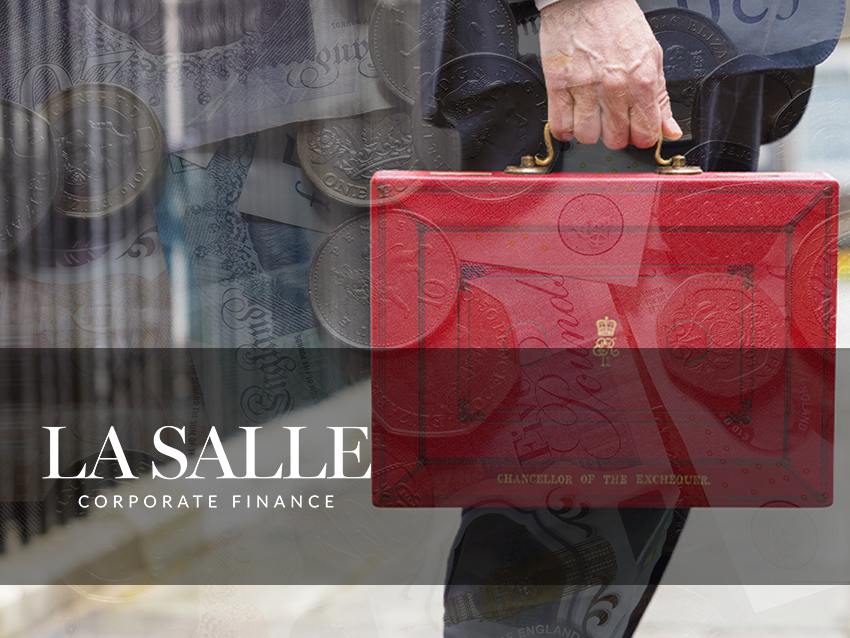Care group acquired by infrastructure investment firm
La Salle can reveal that Bracknell-based Choice Care Group, a provider of living & support services to individuals with learning disabilities, has been sold by Caledonian Investments to iCON Infrastructure, an independent infrastructure investment group with UK offices in London.
Business acquired: Choice Care Group Limited
Activities: Incorporated in 2003, the group was established to provide learning disability support services for individuals who require a safe, supportive and therapeutic living environment, which also provides opportunities to learn and self-develop.
----------------
Purchaser: Icon Infrastructure LLP
Activities: Established in 2011, the company's business activities include the provision of construction services, including new work, additions, alterations, remodelling, and repair of residential buildings other than single-family houses. It is also involved in the construction of heavy projects and construction of other civil engineering projects.
They have over $2.5billion in assets under management.
----------------
Additional info:
Duncan Johnson, Caledonia's head of unquoted investments, said: "Caledonia's unquoted strategy is to invest in leading businesses with quality management teams, seeking long-term capital.
"We are delighted with how Choice has grown under our ownership, enabling it to provide its high quality residential services to a third more patients than five years ago, and we congratulate Edwina and her team for their stewardship of the business during that time. We wish them and the company every success under their new ownership."
Edwina Johnston, chief executive at Choice added: "Caledonia has been a very supportive and involved financial partner over the past five years, which has enabled us both to develop new homes and improve the quality of our existing services."
More News & Deals...
Our 'Focus On' Resource Series...




















